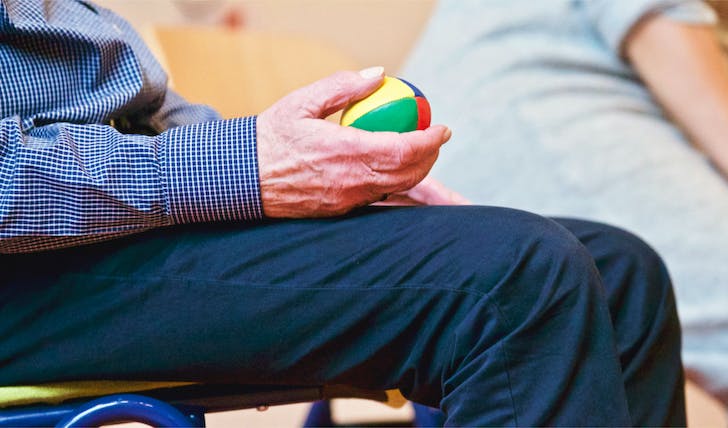As we age, our bodies undergo various changes, making weight loss a different ball game for seniors than it is for younger adults. However, losing weight after 60 is not just a matter of vanity. It is crucial for maintaining mobility, independence, and good health. But how can seniors shed those extra pounds in a safe and sustainable way?
In this article, we will explore how seniors can shed up to 100 pounds. Here are six tried and trusted tips to help seniors lose weight effectively.
Understanding Age-Related Changes
Before diving into weight loss strategies, it is important to understand how aging affects our bodies. Metabolism slows down, muscle mass decreases, and hormonal changes can make losing weight more challenging.
 Andrea / Pexels / First thing first Understand age-related changes. Your body goes through drastic changes as you age.
Andrea / Pexels / First thing first Understand age-related changes. Your body goes through drastic changes as you age.
But do not lose heart. With the right approach, you can overcome these hurdles.
Stay Hydrated
Often, we mistake thirst for hunger, leading to unnecessary snacking. Drinking plenty of water can help manage hunger and boost metabolism. Aim for at least 8 glasses of water a day.
If plain water does not appeal to you, try infusing it with fruits for a flavorful alternative.
Embrace a Balanced Diet
A balanced diet is key for weight loss at any age. But it is especially crucial for seniors. Focus on nutrient-rich foods like fruits, vegetables, lean proteins, and whole grains. These foods provide essential vitamins and minerals without too many calories.
 Mikhail / Pexels / Your body is the total sum of what you consume on a daily basis. Make sure to eat well.
Mikhail / Pexels / Your body is the total sum of what you consume on a daily basis. Make sure to eat well.
Remember, it is not just about eating less. It is about eating right. So, make sure to consume quality food.
Get Moving
Exercise is a vital component of weight loss, and it is especially beneficial for seniors. It helps maintain muscle mass, boosts metabolism, and improves overall health.
But this does not mean you need to hit the gym hard. Low-impact activities like walking, swimming, or yoga can be just as effective.
Prioritize Sleep
Good quality sleep is often overlooked in weight loss discussions. But it is crucial. Lack of sleep can lead to weight gain by affecting hunger hormones and reducing energy levels.
Ideally, aim for 7-8 hours of restful sleep each night to keep your weight loss journey on track.
Consult Healthcare Professionals
Before starting any weight loss program, it is essential to consult with healthcare professionals. They can provide personalized advice, considering any health conditions or medications that might affect your weight loss efforts.
 Matt / Pexels / If you have crossed the Standard Age (45 to 50,) insult a healthcare professional before taking a step.
Matt / Pexels / If you have crossed the Standard Age (45 to 50,) insult a healthcare professional before taking a step.